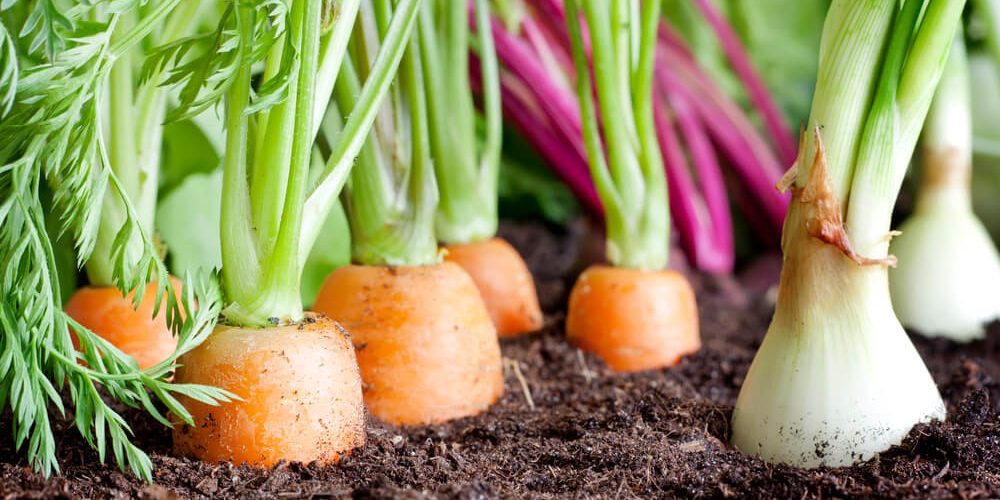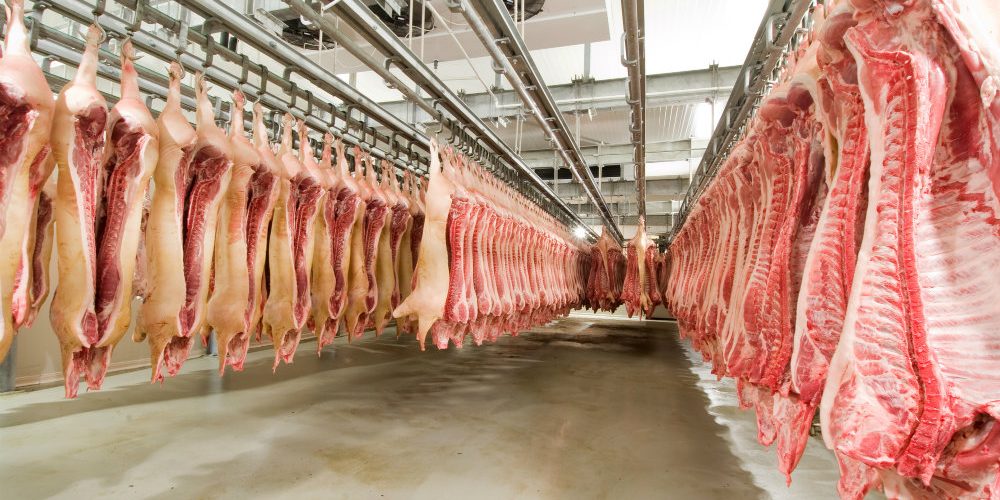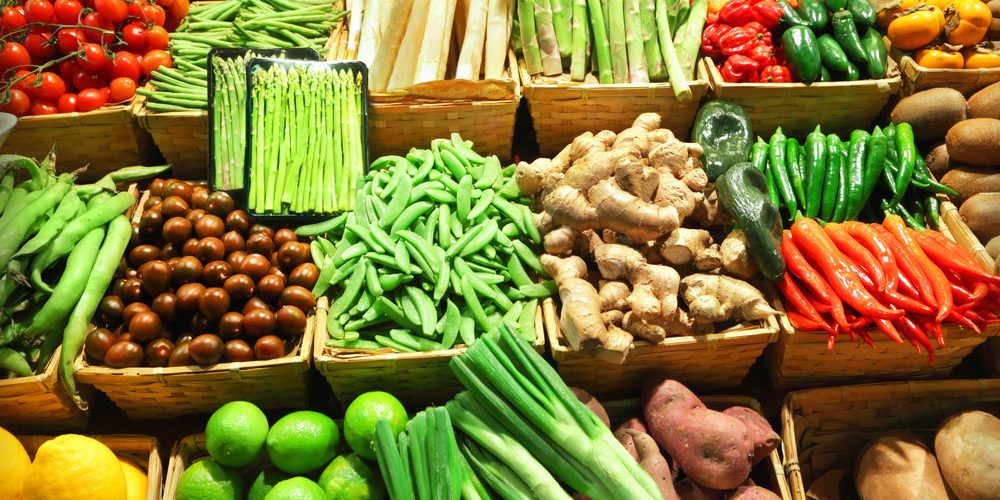When buying organically grown sustainable products, free of harmful chemicals, you are making an investment by improving yours and your family health, the environment and the future of next generations.
Organic foods are grown and processed from techniques that respect the environment and emphasize the quality of the food. Organic farming should be free of synthetic pesticides, genetic modification and chemical fertilizers.
In case of organic animal foods – meat, eggs and dairy products – the concern lies in how animals are raised. They must have outdoor access and they must be organically fed – without industrialized and associated feed. Moreover, they cannot be treated with antibiotics and growth hormones, for example.
We have selected four benefits organic food can bring to our lives. Check them:
- Do not ingest chemicals
Organic farming only uses natural systems to combat pests and fertilize the soil. Thus, the organic crops have an advantage over traditional food crops, avoiding products that are contaminated with pesticides.
- Do not consume GM products
Genetically modified foods, also known as GM, are associated with the appearance of new allergies and antibiotic resistance genes and reduced fertility capacity.
Furthermore, transgenic vegetables eradicate traditional varieties of plants, causing an irreversible loss for biodiversity. The choice for organic food is one way to make sure that foods genetically modified are out of your diet.
- Avoids hormones, antibiotics and medicines in animal products
In the conventional livestock, cows, chickens and pigs are fed with rations and grains loaded with toxins and chemicals. Antibiotics, drugs and growth hormones are also part of the process of raising these animals, and such substances are directly passed on to the meat and the dairy products.
As the animal organic culture is free of these chemical interventions, organic animal products are healthier.
- Reduces pollution and protect water and soil
Agricultural chemicals, pesticides and fertilizers contaminate our environment, compromising the quality of water and destroying the fertile land value. Certified organic crops cannot use toxic chemicals in agriculture. Furthermore, they must make a responsible management of soil and ensuring biodiversity.
The only organic food disadvantage is the price. Due to the lack of government incentives and the cultivation method – which does not use strategies for full-scale production – in fact organic foods are more expensive. However, considering the cost-benefit, it is wothwhile investing in such type of product when the issue is health and well-being.
Did you like our tips on organic foods and the benefits they generate? Then share your opinion by leaving a comment below. Also, visit our healthy cuisine courses and learn delicious recipes.




